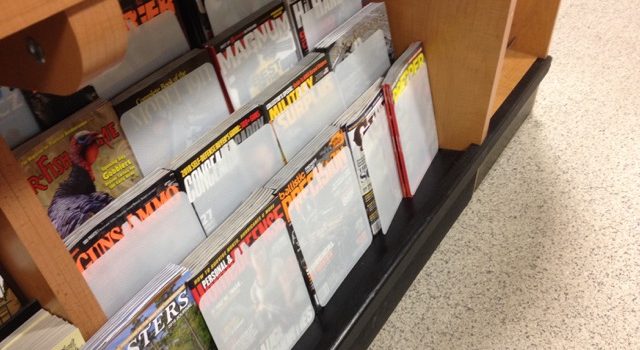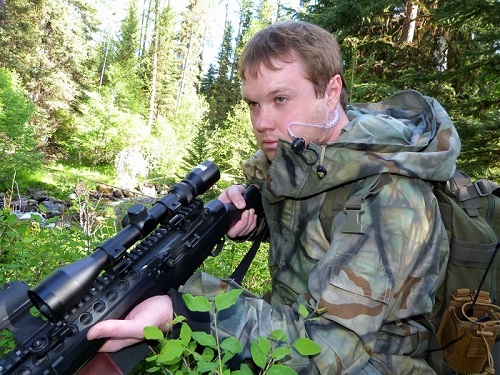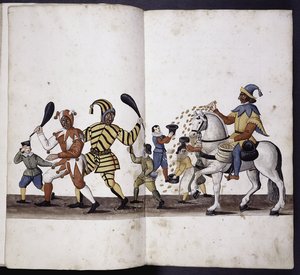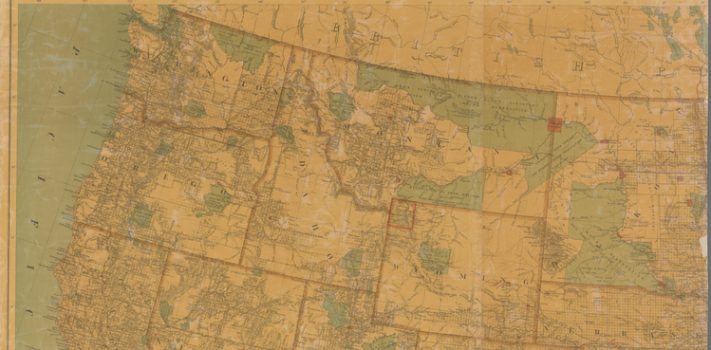Here are the latest items and commentary on current economics news, market trends, stocks, investing opportunities, and the precious metals markets. We also cover hedges, derivatives, and obscura. And it bears mention that most of these items are from the “tangibles heavy” contrarian perspective of JWR. (SurvivalBlog’s Founder and Senior Editor.) Today’s focus is on Swiss Franc Hedging.
Precious Metals:
The spot price of silver has been remarkably stable for the past three years. I don’t expect much movement until there is either spike in interest rates, a credit crunch, or a currency crisis for either the US Dollar or the Euro. Investors should keep their perspective on what silver represents: A long term hedge on fiat currencies. And, as preppers, we need to recognize that small physical silver (1-ounce .999 fine trade rounds or circulated pre-1965 US. 90% silver dimes and quarters) will still be one of the best vehicles for practical barter in the midst of a crisis.
Forex:
I’m continuing some currency hedging comments I began last week:
I often mention the Swiss Franc (CHF) as a hedge, in SurvivalBlog. I still believe that it will be the most stable fiat currency in the next decade. One key advantage of the Swiss Franc is that you can get Swiss Franc bills in denominations up to 1000 CHF. This makes it a very compact currency to carry in a money belt when traveling. (More than 10 times more compact a form of portable wealth than carrying US $100 bills.)
You can buy Swiss Franc notes at Travelex stores at many international airports in the United States. They also deliver orders via FedEx, at extra cost. There are also companies that will sell you CHF-denominated travel cash cards that have no annual fee, and no expiry date. That is perhaps the most Gray Man method to carry a lot of CHF and not arouse suspicion when passing through border controls. This is because one these cards looks like “just another credit card.” But there is an even easier method that transcends national borders: Simply designate Swiss Francs (CHF) as a secondary currency for your PayPal account. (Once you’ve logged in, just click on “Money” and then click on “Currencies”.) You can then make a transfer from your positive PayPal balance from Dollars (USD) to CHF. As of the day that I’m writing this, $1,000 USD will buy you 911.56 CHF.
I first mentioned buying CHF in SurvivalBlog in 2011 when they cost just 79 cents each, in USD. (As Rush Limbaugh would say, “For those in Rio Linda, California”, the math here is a simple reciprocal: $1,000 USD in 2011 would have bought you around 1,200 CHF.) For what its worth, I expect the current Weak Dollar trend to continue for the rest of Trump’s stay in the White House.
Just be advised that PayPal will charge you a small cambio fee each time that you switch currencies. So don’t do this sort of trade casually with the funds that you will regularly need as operating capital. Ditto for buying Swiss Francs through any other method. One cambio bite of 1 to 2% is bad enough, but multiple bites are very painful.













